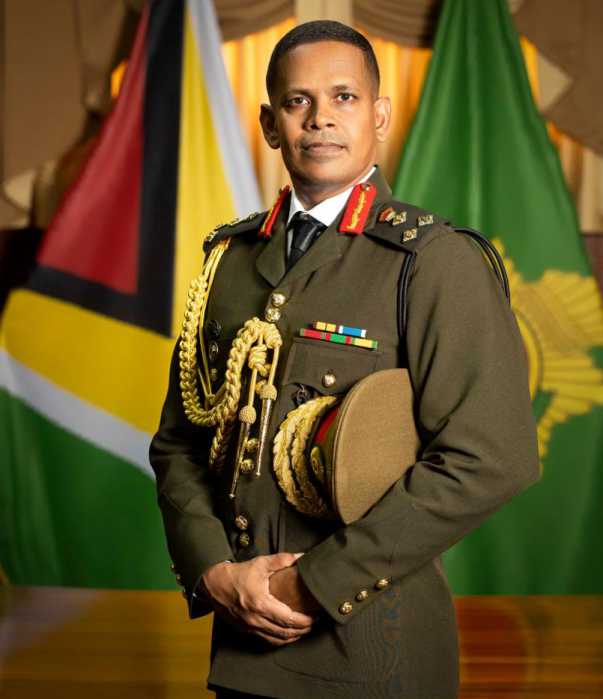Until renowned Caribbean economist professor Clive Thomas raised it at a public engagement recently, Guyanese had long been speaking in hushed tones about how some of the billions the country expects to get from its bountiful offshore oil harvest will directly and quickly reach to their pockets.
Thomas, a leading light in the Working People’s Alliance Party (WPA) and the head of the post 2015 State Assets Recovery Agency (SARA) has triggered a political firestorm by suggesting that poorer households and by extension, every Guyanese should be able to directly draw down cash when actual oil production begins in late 2019 or early 2020.
The administration of President David Granger has been more preoccupied with establishing a petroleum department, a national oil company, hiring local and international experts, establishing a rainy day fund with oil revenues and putting a proper legislative framework for oil and gas in place rather than with the merits or demerits of direct cash pay outs to Guyanese. But Thomas’ suggestion has placed it on the back foot and has stirred such a spirited debate that cabinet ministers and high ranking officials have been forced to react and join the debate.
Thomas and the WPA, perhaps the third largest unit in Guyana’s multiparty governing coalition, threw the proverbial cat among the pigeons by simply raising the topic about how lives of the poorest could be immediately improved once revenues from oil begin to poor into state revenues from early as late next year.
The fact that the suggestion came from the mouth of an influential government official has given significant credibility to it and it now reads like an official edict from government to establish a system to directly give Guyanese cash payouts from oil.
Speaking at a coastal forum just east of the city recently, Thomas said he believed that “some proportion of the net cash flows from oil should be dedicated to giving cash transfers to every single household in this country, whether it be $5000 per year or whether it works out at. We can do the calculation but there must be a mechanism put in place that every single household and by extension, every single person see the benefits of oil and gas in terms of check or cash received into your account.”
For many Guyanese who have been following periodic announcements from US oil giant ExxonMobil about its humungos offshore finds and projected revenues for the country amounting into billions in the next decade, Professor Thomas had spoken for all of them. Many have taken to social media to offer suggestions, ranging from the abolition of taxes to mortgage relief to free education and health treatments at all levels.
Exxon and partners Hess Oil of the US and Nexen of China, had back in May 2015, announced the discovery of world class deposits of oil and gas in a general area that is just over 100 miles north of the coast. The consortium has so far drilled eight of 10 successful wells since then and experts say that ratio of success is perhaps an industry record for offshore drilling globally. Latest estimated put the number of available barrels of oil at more than 4 billion and Exxon keeps dropping hints that final evaluation of successful wells could significantly alter numbers in a positive direction. The plan is to drill up to 17 wells in this initial phase of oil production with eight earmarked send up oil to three massive floating and storage facilities from which daily tallies would be carted away to markets. Phase two slated for around 2022, could see up to 40 wells being sunk.
Professor Thomas cash transfers could be linked to attendance at school and other academic places of learning, improving the limping health sector, abolishing any form of paid work for children and other criteria put in place. This is even as he suggests that pressure be brought to bear on authorities “to satisfy the needs of the people directly.”
His party, the WPA and elements in the Alliance For Change (AFC) have already thrown their support behind the call. The main opposition People’s Progressive Party (PPP) has also not come out against it but maintains that proper criteria should be set up.
Stepping lightly on the issue, President Granger says that there is “no evidential basis” for a cash payout, noting that “I have not considered that proposal. It is outside of the recommendations of the Sovereign Wealth Fund, the Natural Resources Fund and I don’t know that there is a precedent for it.”
Finance Minister Winston Jordan says he is not in favor of cash payout, pointing to other development priorities. Systems could be put in place to reduce dependencies on cash payouts, he said.


























